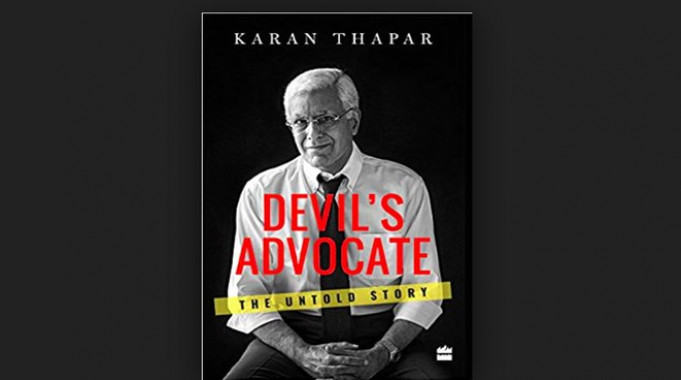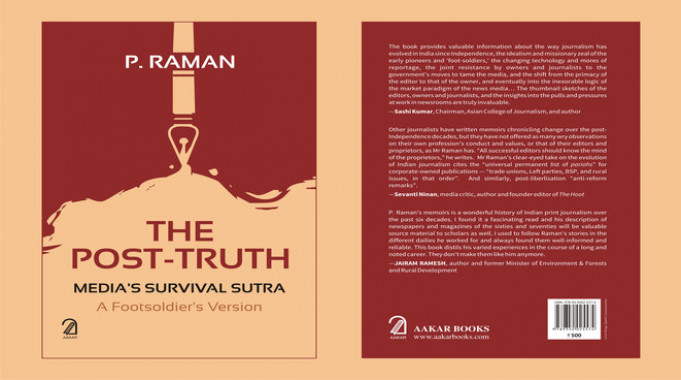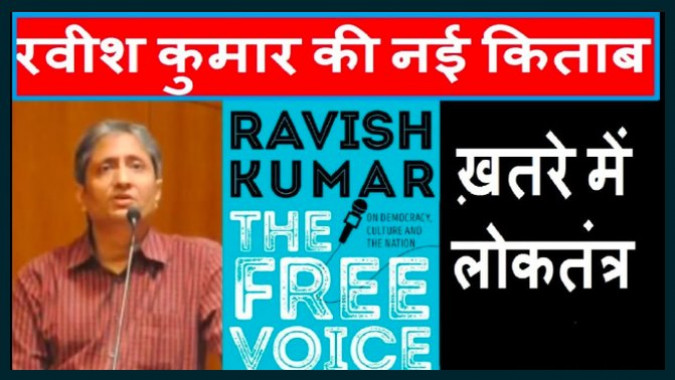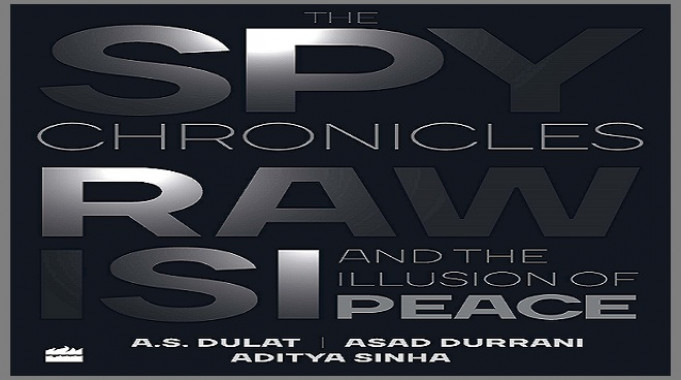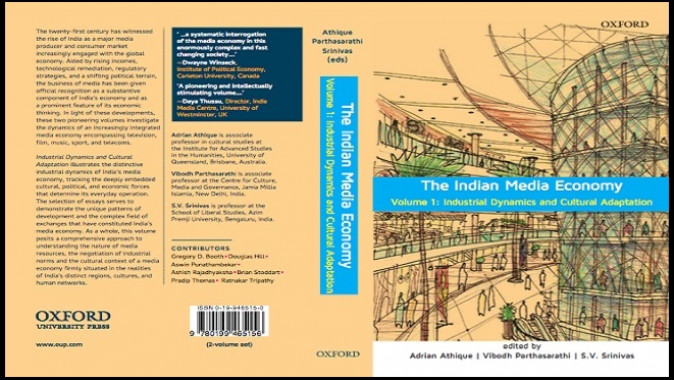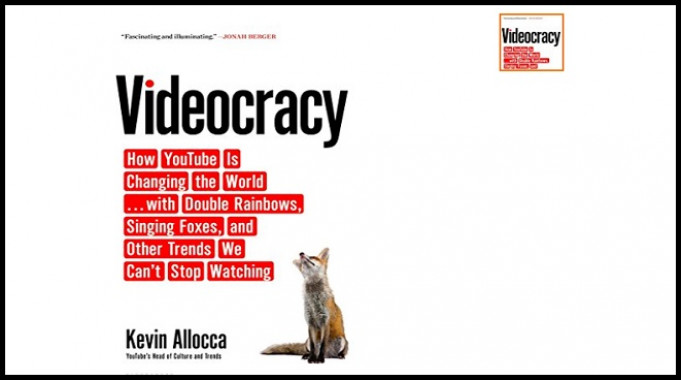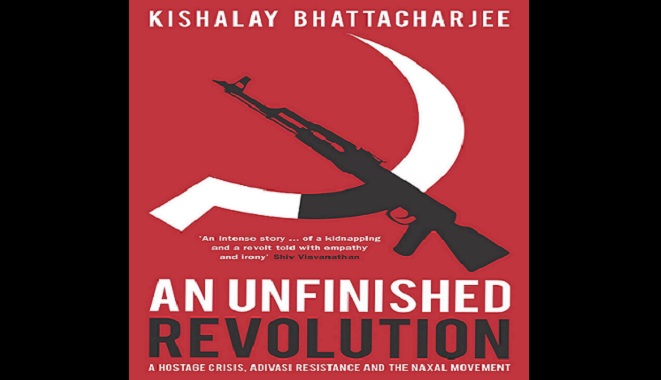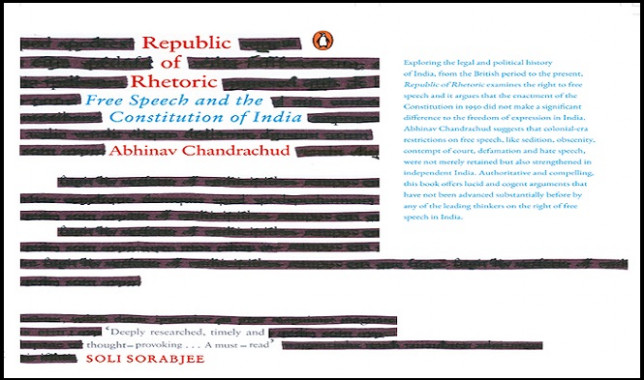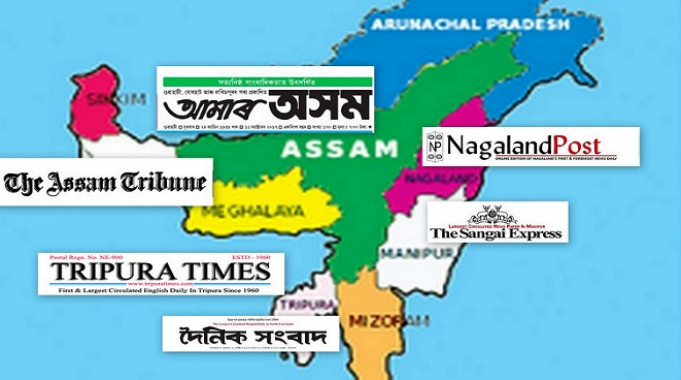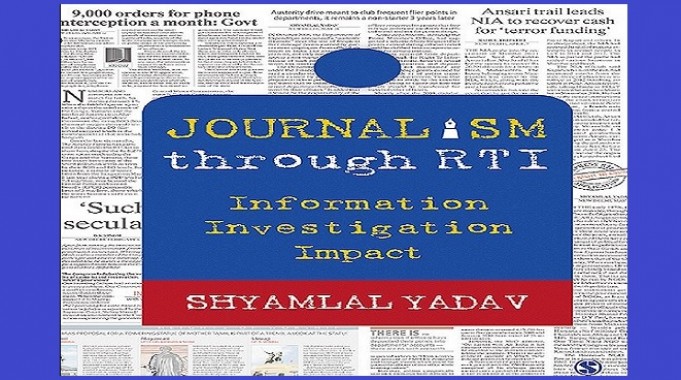BY KARAN THAPAR|
IN BOOKS
|21/07/2018
There was also a fourth interview with a memorable story, though it happened entirely off-camera.
The post-Emergency Press Council, reconstituted in 1978, was a taller body than its current avatar,
BY SEVANTI NINAN|
IN BOOKS
|02/06/2018
Ravish Kumar’s chronicling of fear and hate in the times of The Great Leader and his IT Cell.
BY ADITYA SINHA|
IN BOOKS
|24/05/2018
Reflections on working with Dulat and Durrani and what it took to make their experiences readable and gripping
BY ANUP KUMAR|
IN BOOKS
|17/02/2018
A new collection of essays provide a magisterial overview of the empirical and critical scholarship on the subject.
BY CHITRA NARAYANAN|
IN BOOKS
|12/02/2018
The platform created celebrities out of virtual nobodies, millionaires out of paupers, and showed that it could shape political propaganda and give rise to movements.
BY Kishalay Bhattacharjee|
IN BOOKS
|28/10/2017
“I have spent most of my working life so far studying the lives of people in what we casually refer to as ‘conflict zones’… as a journalist and chronicler, I approached them through a completely different route,”
BY ABHINAV CHANDRACHUD|
IN BOOKS
|18/10/2017
The enactment of Article 19 of the Constitution made merely a rhetorical change, not a substantive one, to the right to free speech in India,
BY VIKAS KUMAR|
IN BOOKS
|11/10/2017
What are the constraints and dilemmas of newspapers in the North East as they seek to cover current and ancient conflicts? A new book has insights.
IN BOOKS
|05/07/2017
Despite the RTI Act, for the government anti-transparency is a statement of belief and hiding information and passing the buck a favorite diversionary activity,
Subscribe To The Newsletter


